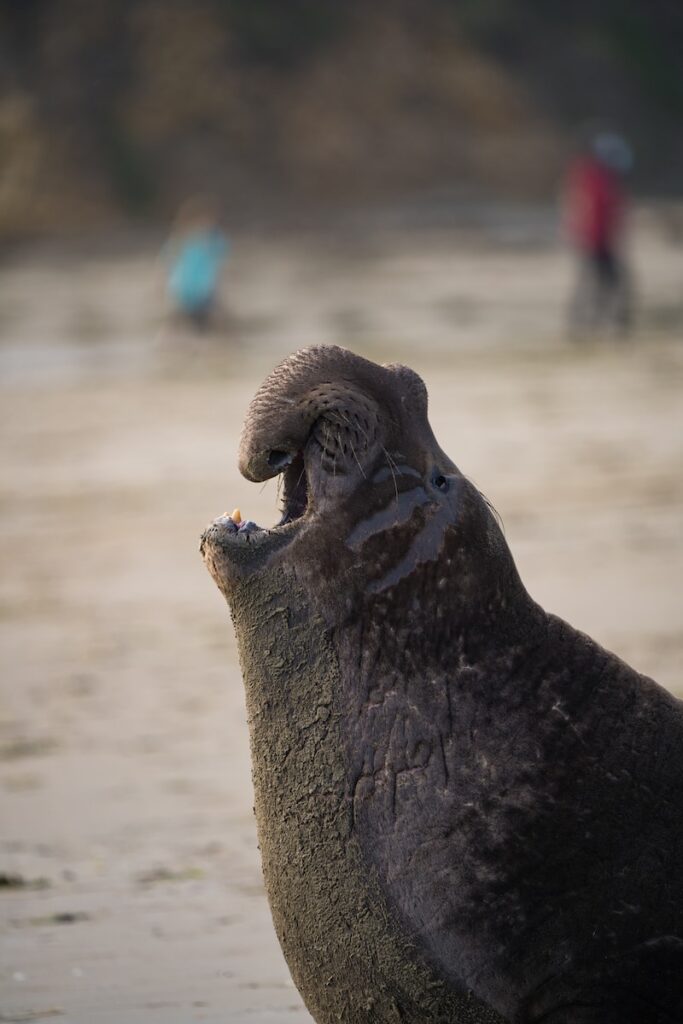Elephant seals are the largest seals in the world and are known for their impressive size, strength, and unique behaviors. Among these behaviors is the way in which they sleep - by diving deep into the ocean to avoid predators. In this article, we will explore the fascinating world of elephant seal sleep and how they have adapted to survive in their harsh marine environment.
Elephant seals (Mirounga spp.) are found in the cold waters of the Southern Hemisphere, primarily in the Antarctic and sub-Antarctic regions. There are two species of elephant seals - the northern elephant seal (Mirounga angustirostris) and the southern elephant seal (Mirounga leonina). Both species are known for their impressive size, with adult males reaching lengths of up to 20 feet and weights of over 8,800 pounds.
Elephant seals can dive to depths of up to 7,800 feet
One of the most unique behaviors of elephant seals is their deep diving ability. Elephant seals can dive to depths of up to 7,800 feet and can hold their breath for up to two hours. This deep diving ability is essential for their survival, as it allows them to hunt for food in the deep waters of the ocean, where they are less likely to encounter predators.
But what happens when elephant seals need to sleep? The answer is that they sleep underwater, at depths of up to 1,200 feet. Sleeping underwater provides elephant seals with several advantages, including protection from predators, such as killer whales and great white sharks, which are less likely to venture to such depths.
So how do elephant seals sleep underwater? During a typical dive, elephant seals will dive down to their desired depth, and then begin a series of slow, rhythmic movements, called slow-wave sleep. During this time, their heart rate and respiration rate decrease, and their metabolic rate slows down. This state of sleep allows the elephant seal to conserve energy and rest while still being alert to any potential threats.
Elephant seals do not sleep for the entire duration of their dives

However, elephant seals do not sleep for the entire duration of their dives. Instead, they alternate between periods of sleep and periods of activity, such as hunting for food or swimming to the surface for air. These sleep and activity periods can last anywhere from a few minutes to several hours, depending on the seal's individual needs and behavior.
In addition to sleeping underwater, elephant seals have other adaptations that help them survive in their harsh marine environment. For example, they have a thick layer of blubber, which helps to insulate them from the cold water and provides a source of energy during periods of fasting. They also have specialized muscles in their ears and nose, which allow them to control the movement of air and water in and out of their body







